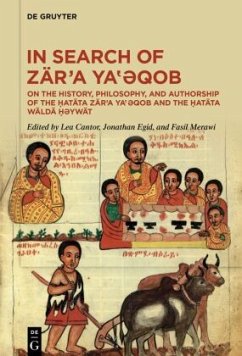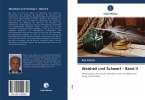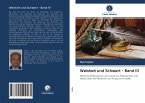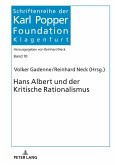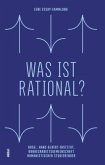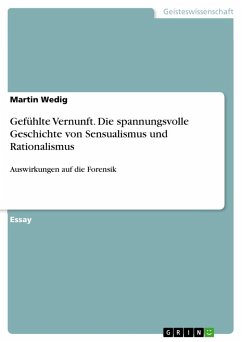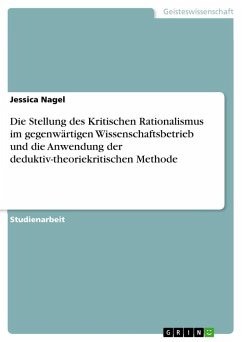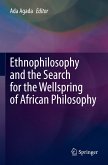The Hatäta Zär a Ya qob and the Hatäta Wäldä H ywät are enigmatic and controversial works. Respectively an autobiography and a companion treatise by a disciple, they are composed in the G z language and set in the highlands of Ethiopia during the seventeenth century. Expressed in prose of great power and beauty, they bear witness to pivotal events in Ethiopian history and develop a philosophical system of considerable depth. However, they have also been condemned by some as a forgery, an elaborate mystification successful in deceiving generations of European and Ethiopian scholars.
This volume breaks new ground for the study of these texts, presenting a clear account of the most up-to-date scholarship the ways they works are being investigated by contemporary philosophers, philologists, and historians.
While the authorship question is addressed in the volume, it is not the sole locus of discussion. The near-exclusive focus on this question over the last century has obscured scholarly interest in the texts' philosophical and literary qualities in their own right. Accordingly, this volume begins to fill this gap, exploring the texts' implications for the global history of philosophy and transnational intellectual history of the 17th century.
Hinweis: Dieser Artikel kann nur an eine deutsche Lieferadresse ausgeliefert werden.
This volume breaks new ground for the study of these texts, presenting a clear account of the most up-to-date scholarship the ways they works are being investigated by contemporary philosophers, philologists, and historians.
While the authorship question is addressed in the volume, it is not the sole locus of discussion. The near-exclusive focus on this question over the last century has obscured scholarly interest in the texts' philosophical and literary qualities in their own right. Accordingly, this volume begins to fill this gap, exploring the texts' implications for the global history of philosophy and transnational intellectual history of the 17th century.
Hinweis: Dieser Artikel kann nur an eine deutsche Lieferadresse ausgeliefert werden.

